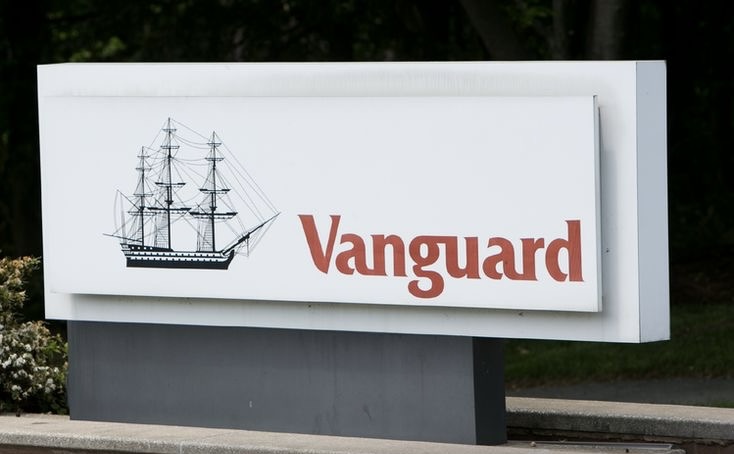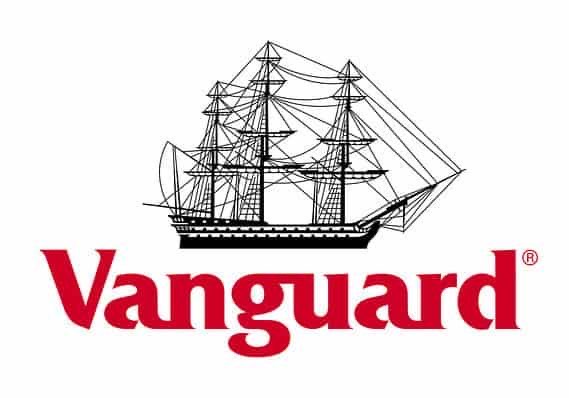Vanguard unveils significant changes to the way it operates. The investment company has announced the major change it wants to make to how it operates.
The company, which will celebrate its 50th anniversary on May 1, recently announced its largest round of fee reductions ever.
On February 3, the company lowered fees on 87 of its funds. This move will help investors save between 0.01% and 0.06% on their investments. These small reductions add up, with the company estimating that investors will save more than $350 million this year alone.
Vanguard’s CEO, Salim Ramji, said this fee cut reflects the original objective that the company’s founder had in mind. The original goal of John Bogle, the founder, was to create an investment company that puts investors first.
The CEO repeated one of Bogle’s famous sayings to emphasize his point: “You get what you don’t pay.” In other words, lower fees help investors keep more of their money. Ramji also rejected the idea that investors have to choose between high-quality investments and low costs. He said that at Vanguard, they provide both. He pointed out that this $350 million fee reduction is the biggest in the company’s history. Ramji further mentioned that since 1975, Vanguard has lowered fund costs more than 2,000 times.
Expert Says Vanguard’s Fee Cut May Force Competitors to Lower Prices
Chief Investment Officer Greg Davis said that lowering fees helps investors keep more of their profits and makes Vanguard’s funds more competitive.

Lower fees mean managers of actively managed funds do not have to take big risks to cover costs. Instead, they can focus on making smart investment choices.
Davis explained that Vanguard’s business model allows it to continue cutting fees while still investing in important areas like technology and skilled employees. This creates a cycle in which lower costs strengthen the company, helping it stay ahead of competitors.
Experts believe this decision is great news for investors. However, it also puts pressure on Vanguard’s competitors to respond. Aniket Ullal, an expert in ETFs, said that since Vanguard is one of the biggest investment firms in the world, its move will help investors save a lot of money. At the same time, other companies that offer similar funds will struggle to keep up with such low fees.
Ullal further said that only BlackRock, another major investment firm, might be big enough to compete with Vanguard’s fee cuts.
Aidan Hall, another analyst, said BlackRock might react by lowering fees on some of its funds. Another option is to adjust prices across its entire lineup. However, a major price change is unlikely because it could significantly reduce BlackRock’s profits in the coming years.
ALSO READ: Vanguard’s $106 Million Target-Date Fund Settlement Highlights an Important Tax Lesson
Investing Too Much in Tech Stocks Might Not Be A Good Idea
Vanguard recently released a study saying that central banks around the world will continue lowering interest rates this year. This is because inflation in most developed countries is now getting close to the levels that central banks want.

Vanguard’s chief economist, Joe Davis, advised investors not to overweight tech stocks. Instead, he suggested spreading investments across the entire U.S. stock market. This way, investors can benefit from growth in different industries, not just technology.
Meanwhile, last month, the U.S. Securities and Exchange Commission (SEC) announced that Vanguard had agreed to pay over $100 million to settle charges. The company was accused of misleading investors about taxes and capital gains in some retirement funds. The SEC said the money would be given to the affected investors.
John Bogle: The Founder of Vanguard
Business magnate and philanthropist John Bogle believed in simplicity. He once said, “Investing is not as hard as it seems. To be successful, you just need to make good decisions and avoid serious mistakes.”

Bogle made many smart choices in his career. 1974, he started Vanguard Group, which helped make index funds popular.
More people are becoming aware of index investing, which has several advantages. According to the Corporate Finance Institute, it is inexpensive, easy to use, and does not require much financial knowledge. Index investing also helps investors diversify their portfolios.
Index investing also has some disadvantages. One major problem is that it does not protect investors when the market goes down. Another downside is that investors cannot pick which stocks or bonds are included. Also, this method can never do better than the overall market; it can only match it.
John Bogle named his company “Vanguard” after the famous British warship HMS Vanguard, which Lord Nelson led in a major victory against the French in 1798.
In the beginning, Vanguard faced much criticism. When the company launched its first index fund, some mocked it and called it “Bogle’s Folly.” They thought the fund was too limited in its approach and would only produce average results. They felt it was missing out on better ways to make money.
ALSO READ: Why Trump’s Tax Plans May Face Challenges in 2025, According to Policy Experts
Vanguard: A Firm Designed for Investors
Although people did not believe in his company when it launched, Bogle was persistent and did not give up on his idea. John Bogle believed that patience with investments would help, but making quick decisions based on emotions can hurt investors.

As time went on, more people started to agree with him. His supporters even called themselves “Bogleheads,” and they followed his advice by investing in index funds for the long term.
Bogle, who passed away in 2019, believed that index investing was the best strategy. He called it “the ultimate buy-and-hold, all-American business strategy.” The founder of Vanguard insisted that the numbers proved it was the smartest way to invest. He even joked that if the data did not show that indexing was the best, then the data must be wrong.
Now, Vanguard has become the world’s biggest provider of mutual funds and the second-largest provider of exchange-traded funds (ETFs), just behind BlackRock’s iShares.

